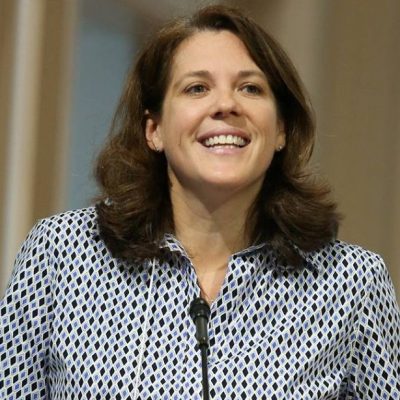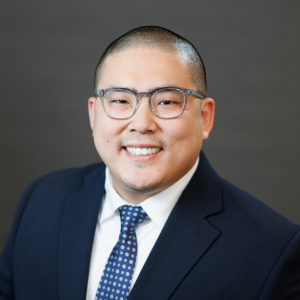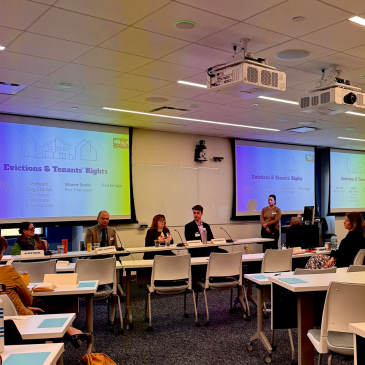The University of Maine School of Law’s clinical and policy programs focused on youth and young adults are expanding their scope to better reflect the national shift in the youth justice field acknowledging research in adolescent development, crime trends, and justice system policy reforms. Formerly the Juvenile Justice Clinic and Maine Center for Juvenile Policy and Law, the newly renamed Youth Justice Clinic and Center for Youth Policy and Law have expanded to include policy and practice work as it relates to older youth and young adults.
As part of this transition, the Cumberland Legal Aid Clinic is also pleased to welcome Sarah Branch as the Youth Justice Clinic’s new Director. Branch is a visiting clinical professor with extensive experience as a defense attorney, who will also be spearheading the Rural Practice Clinic. She has spent years advocating for the rights of indigent clients accused of crimes, especially those with mental health or developmental disabilities whose needs were not met system-wide. As Director, Branch brings her experience to bear on the changing landscape of youth justice in the state and beyond.
Maine Law launched the Juvenile Justice Clinic in 2006. Since its inception, it has been part of significant changes in the way Maine works with and advocates for system-involved youth. In 2017, the Maine Center for Juvenile Policy and Law was established to work with the Clinic to identify policy and practice reforms to reduce the use of inappropriate detention and confinement and increase fairness in the justice system Together, the Clinic and the Center, working with students and other system stakeholders, were instrumental in enlisting the support of Maine’s judges in eliminating the shackling of youth in courtrooms, making restitution in juvenile cases more reasonable, protecting the privacy of children charged with juvenile offenses, and reducing incarceration. All these improvements are tied to progress in the science of adolescent development and the recognition that the intellectual and emotional development of youth ages 18 -24 is more strongly correlated to children under 18, compared with older adults.
“The current science of adolescent development makes clear that similar systemic improvements must be made available to emerging adults as well,” said Christopher Northrop, Director of Clinical Programs and founder of the JJC. “This is an exciting step, and we are so grateful for past and current support from the John T. Gorman Foundation, the Louis and Anne Abrons Foundation, Inc., and the Vera Institute of Justice that allows us to continue our crucial advocacy for adolescents and expand to benefit more young people across the state.”
Jill Ward, Director of the Center for Youth Policy and Law, said the use of the term ‘youth’ is intentional. “We want to emphasize and acknowledge the research that shows the brains of this population are still developing and that a cutoff age of 18 for certain policies and strategies is arbitrary.”
Northrop and Ward, along with recent Maine Law grads Jonathan Ruterbories (L ‘21) and Jess Mizzi (L’ 22) penned an article on this topic, What’s My Age Again?: Adolescent Development and the Case for Expanding Original Juvenile Court Jurisdiction and Investing in Alternatives for Emerging Adults Involved in Maine’s Justice System, in this past summer’s Maine Law Review.
Access to educational, legal, and psychological resources benefits the emerging adult population as well as the adolescent demographic. “We are seeking to create a fairer and more comprehensive rubric for adolescents and emerging adults, which is a strategy that will not only meet the needs of these populations but will also enhance long-term public safety,” Ward continued. She hopes the Center can act as a guide for entities in the state looking to undergo similar approaches to youth justice.
“I am excited to lead the Youth Justice Clinic at such a pivotal moment of reform in this area of the law in Maine and nationally,” said Branch. “Our students are positioned to be instrumental in positive changes and I look forward to seeing all we can do together to improve the lives of youth and young adults and the systems that impact them.”








